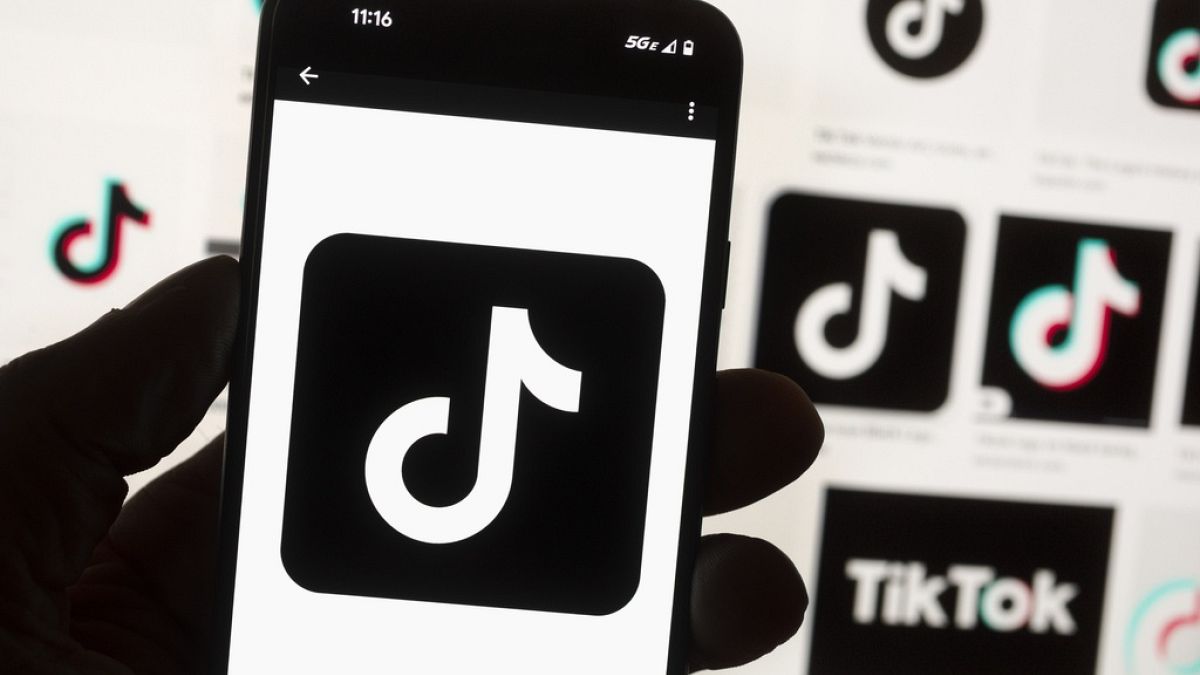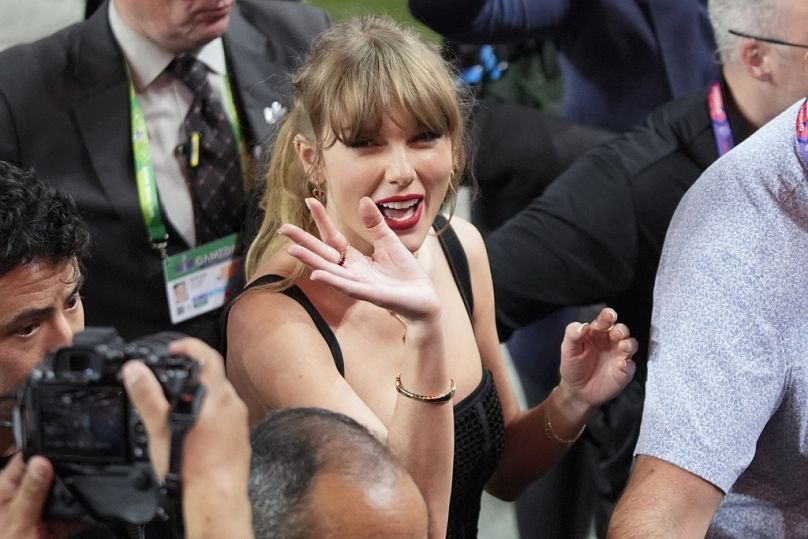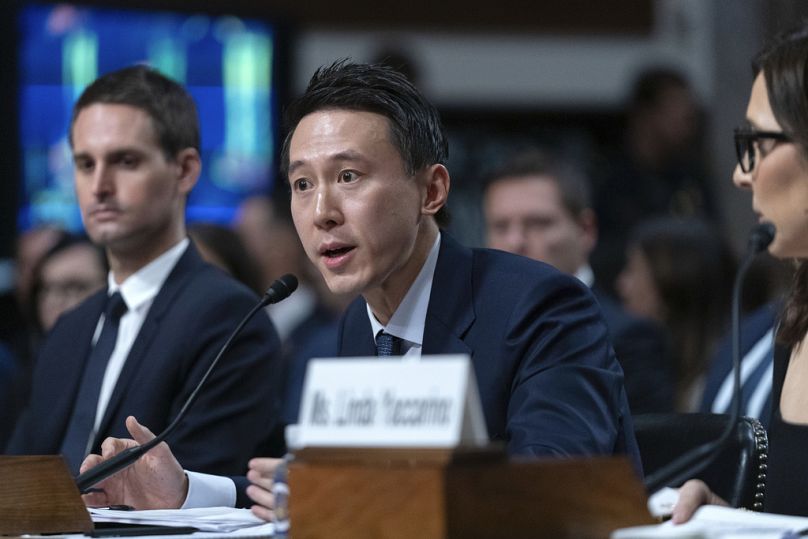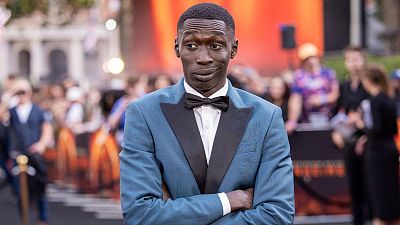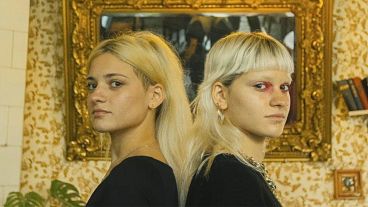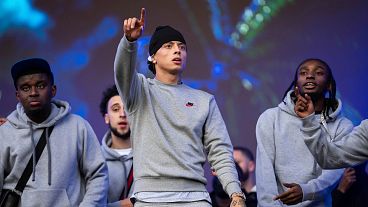The world’s largest music company withdrew its content originally during a dispute over issues such as deepfake AI-generated music and artist compensation.
Artists from Universal Music Group (UMG), which include Drake, Adele, Bad Bunny, Billie Eilish and Taylor Swift, will be returning to TikTok as the two parties have struck a new licensing agreement following an approximately three-month long dispute.
The two sides have recently said that they are “now working expeditiously to return music by artists represented by Universal Music Group and songwriters represented by Universal Music Publishing Group to TikTok in due course.”
Taylor Swift, whose recently released album, 'The Tortured Poets Department' had some of her songs reappear on TikTok last month, but the details of how that exactly happened are unclear, according to Variety.
UMG said in January that it had not agreed to terms of a new deal with TikTok, and planned to stop licensing content from the artists it represents on the social media platform that is owned by ByteDance, as well as TikTok Music services.
Why did Universal Music Group threaten to pull millions of songs from TikTok?
At the time, UMG had been pressing TikTok on three issues: “appropriate compensation for our artists and songwriters, protecting human artists from the harmful effects of AI, and online safety for TikTok’s users.”
TikTok pushed back against the claims by UMG, saying that it had reached ‘artist-first’ agreements with every other label and publisher.
On Thursday (2 May), the two sides announced that their new agreement would give significant benefits to UMG’s global stable of artists, songwriters and labels and would return their music to TikTok.
“Music is an integral part of the TikTok ecosystem and we are pleased to have found a path forward with Universal Music Group," TikTok CEO Shou Chew said in a statement. "We are committed to working together to drive value, discovery and promotion for all of UMG’s amazing artists and songwriters, and deepen their ability to grow, connect and engage with the TikTok community.”
Part of the new deal includes UMG and TikTok working together to find new monetisation opportunities. They will also will work together on campaigns supporting UMG’s artists across genres and territories globally.
In addition, the companies will put their combined efforts towards ensuring that AI development across the music industry will protect human artistry and payments for artists and songwriters. TikTok will also work with UMG to remove unauthorised AI-generated music from the platform.
One of the first viral instances of deepfake AI-generated music involved two Universal artists, Drake and the Weeknd, in a track titled "Heart on My Sleeve". Released in April last year, it has since been removed from TikTok, Spotify, and YouTube.
While TikTok has settled its dispute with UMG, the future of the platform remains uncertain. Last month President Joe Biden signed legislation requiring TikTok parent ByteDance to sell to an approved buyer within a year or to shut down. It’s not clear whether that law will survive an expected legal challenge or that ByteDance would agree to sell.
